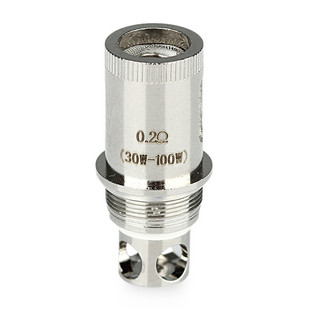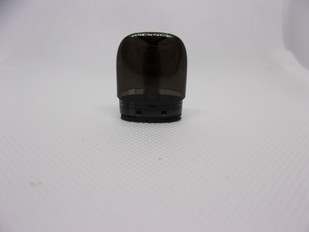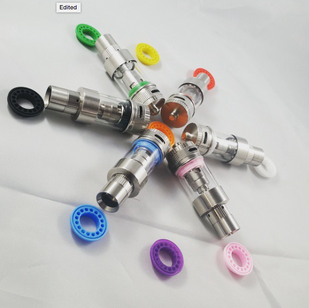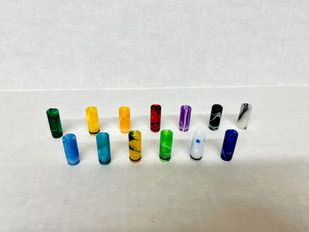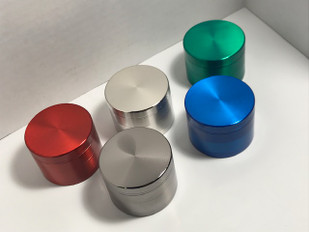- Home
- The Vape Mall Blog
- What are the Different Types of Carrier Oils in CBD Products?
What are the Different Types of Carrier Oils in CBD Products?
Posted by on
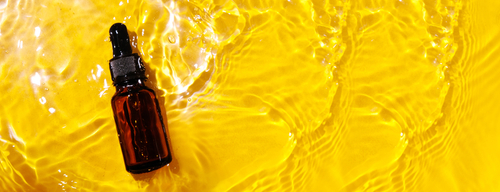 Did you know that carrier oils are crucial to cannabidiol
because they help dissolve the cannabinoid’s molecules? Well now you know. You see, since they can be absorbed by the
body, they have some key benefits.
However, not all carrier oils are the same, and their differences can
have numerous effects.
Did you know that carrier oils are crucial to cannabidiol
because they help dissolve the cannabinoid’s molecules? Well now you know. You see, since they can be absorbed by the
body, they have some key benefits.
However, not all carrier oils are the same, and their differences can
have numerous effects.
What is Carrier Oil and Why is It Used in CBD Products Anyways?
A carrier oil, in the context of cannabidiol, aka CBD, is a plant-derived oil used to "carry" the CBD in a product. The role of the carrier oil is crucial because it aids in the absorption and delivery of CBD into the body, thus making it more accessible and enjoyable for users. In fact, carrier oils are used in CBD-based products for a variety of reasons that make that said product well-worth the money.
Reason #1: Carrier Oil for Better Absorption
CBD is a fat-soluble compound, which means it dissolves in fats rather than water. When CBD is infused in a carrier oil, it enhances the body's ability to absorb and metabolize it. Common carrier oils include MCT oil (derived from coconut), hemp seed oil, and olive oil. These oils help in efficiently transporting the CBD through the body.
Reason #2: Dosage Precision
Using carrier oil as a medium allows for more precise dosing of CBD. It's easier to measure and adjust the amount of CBD you're taking when it's in oil form, ensuring consistency and accuracy in dosage.
Reason #3: Enhanced Absorption
Certain carrier oils can enhance the absorption of CBD into the bloodstream through the digestive tract. This is particularly important for CBD edibles and capsules.
Reason #4: Versatility and Ease of Use
Carrier oils can easily be added to various products, including tinctures, capsules, edibles, and topical applications. This versatility makes oils a popular choice in the formulation of CBD products.
Reason #5: Extended Shelf Life
Carrier oil can help to extend the shelf life of CBD products. They protect the CBD compound from degradation due to exposure to air, light, or heat, which can break down cannabinoids over time.. This is also crucial for maintaining the overall effectiveness of CBD over time.
Reason #6: Taste and Comfort
Carrier oil can mask the natural taste of CBD, which some users might find unpleasant. They also make the product more palatable and comfortable to consume.
Reason #7: Customization
Different types of carrier oils (like coconut oil, hemp seed oil, olive oil, etc.) can be used to tailor the product to specific needs or preferences, including enhancing nutritional benefits.
Reason #8: Enhanced Therapeutic Properties
Some oils have their own health benefits, which can complement the effects of CBD. For example, hemp seed oil is known for its nutritional properties, and olive oil has anti-inflammatory benefits.
What Types of Carrier Oils are There?
CBD-infused products can contain different types of carrier oils, which once again, act as carriers for the CBD. These oils impacts the effectiveness and usability of CBD products. The most common types of oils found in CBD products include:
1.Hemp Seed Oil: Extracted from the seeds of the hemp plant, it doesn't contain CBD but is often used in conjunction with CBD oil. It's rich in omega fatty acids and is known for its nutritional benefits.
2.MCT Oil (Medium-Chain Triglyceride): Derived mainly from coconut oil, MCT oil is a popular carrier oil for CBD. It’s easily absorbed by the body and can provide additional health benefits like energy boosting.
3.Coconut Oil: Like MCT oil, coconut oil is used as a carrier for CBD and is known for its moisturizing properties, making it a good choice for topical CBD products.
4.Olive Oil: Known for its health benefits, olive oil is sometimes used as a carrier oil in CBD products. It has a distinct flavor and is slower to digest, which might affect the release of CBD in the body.
5.Avocado Oil: Similar to olive oil, avocado oil is thicker and has a nuttier flavor. It's less common but is known for its high Vitamin E content and skin-nourishing properties.
6.Grapeseed Oil: A byproduct of winemaking, grapeseed oil is light and thin, making it a less popular but still effective carrier oil for CBD.
7.Sunflower Oil: It is less common, but some manufacturers use sunflower oil as a carrier due to its light texture and potential health benefits.
Each of these oils has different characteristics that can influence the taste, consistency, absorption rate, and overall effectiveness of the CBD product. The choice of carrier oil can also impact the product's suitability for various forms of consumption, like topical application or ingestion.
 Loading... Please wait...
Loading... Please wait...



